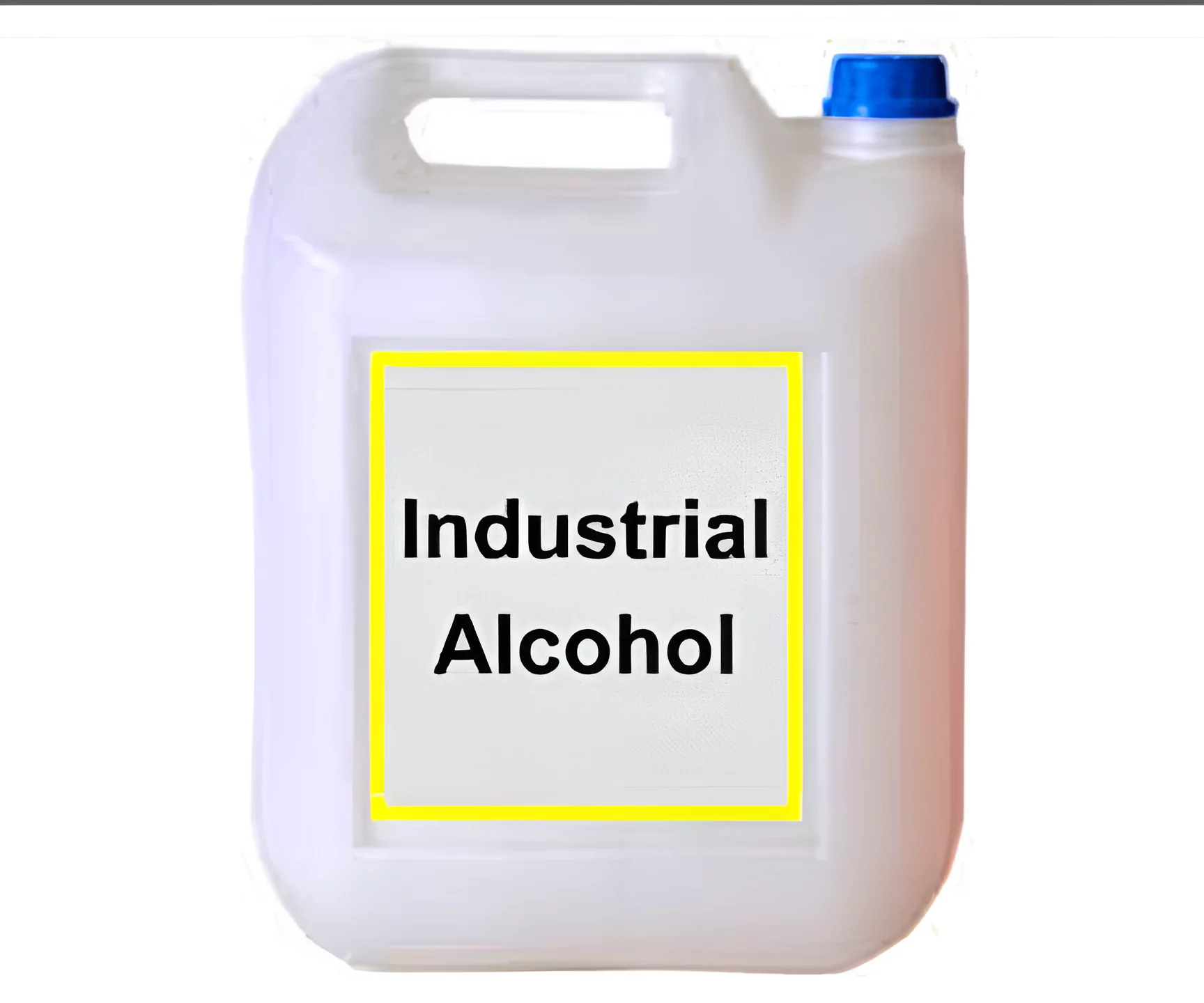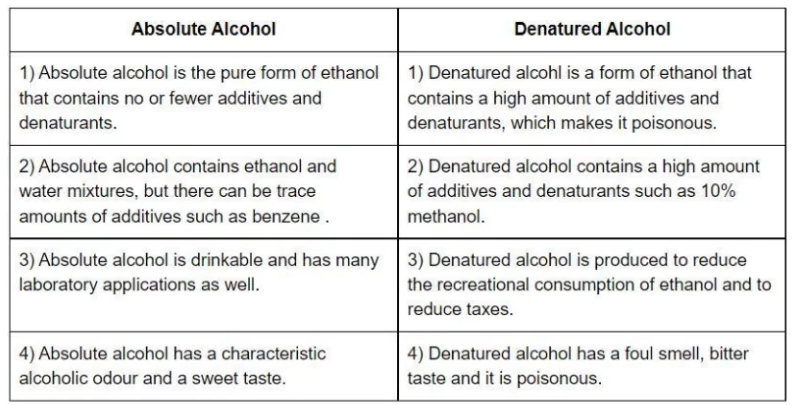
There is a hearing on whether states have the authority to levy excise duty on industrial alcohol by a 9-judge Bench of the Supreme Court.
 Denaturation is the process of making industrial alcohol unsuitable for misuse or consumption.
Denaturation is the process of making industrial alcohol unsuitable for misuse or consumption.
| Must Read | |
| NCERT Notes For UPSC | UPSC Daily Current Affairs |
| UPSC Blogs | UPSC Daily Editorials |
| Daily Current Affairs Quiz | Daily Main Answer Writing |
| UPSC Mains Previous Year Papers | UPSC Test Series 2024 |
To get PDF version, Please click on "Print PDF" button.
SC Verdict on Newsclick Shows Adherence to Due Pro...
Stay Invested: On Chabahar and India-Iran Relation...
Credit Rating Agencies, Impact on India’s De...
Catapulting Indian Biopharma Industry
Globalisation Under Threat, US Import Tariffs Have...
Global Report on Hypertension, Global Insights and...
<div class="new-fform">
</div>
